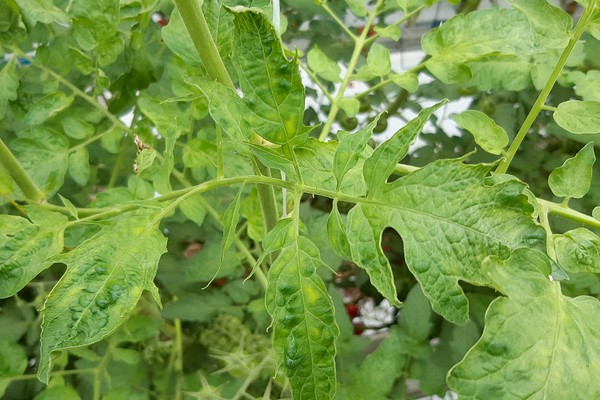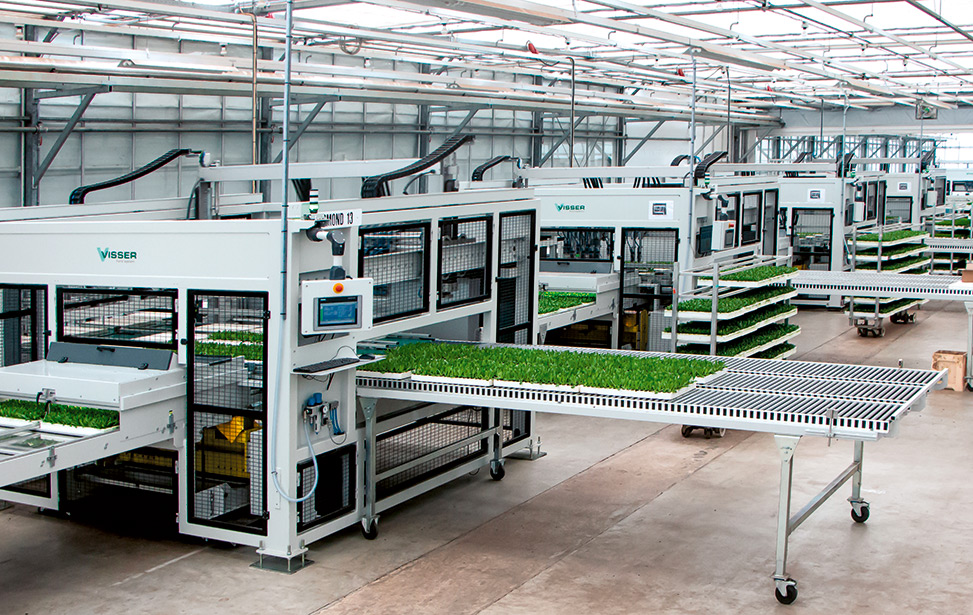In a fascinating discovery, a widespread virus that usually harms plants from the cabbage family, such as broccoli and cauliflower, has been seen actually benefiting its hosts in times of crisis. During periods of drought, researchers have found the turnip mosaic virus can switch from a hindrance to a help, altering its host’s circadian clock so the plant loses less water.
Environmental conditions are an important factor driving pathogens’ evolution. This study explores the effects of drought stress in plant virus evolution. The team evolved turnip mosaic potyvirus in well-watered and drought conditions in Arabidopsis thaliana accessions that differ in their response to virus infection. Virus adaptation occurred in all accessions independently of watering status.
Drought-evolved viruses conferred a significantly higher drought tolerance to infected plants. By contrast, nonsignificant increases in tolerance were observed in plants infected with viruses evolved under standard watering. The magnitude of this effect was dependent on the plant accessions. Differences in tolerance were correlated to alterations in the expression of host genes, some involved in regulation of the circadian clock, as well as in deep changes in the balance of phytohormones regulating defense and growth signaling pathways. The results show that viruses can promote host survival in situations of abiotic stress, with the magnitude of such benefit being a selectable trait.
Read the complete research at www.pnas.org.
Rubén González, Anamarija Butković, Francisco J. Escaray, Javier Martínez-Latorre, Ízan Melero, Enric Pérez-Parets, Aurelio Gómez-Cadenas, Pedro Carrasco, Santiago F. Elena, Proceedings of the National Academy of Sciences Feb 2021, 118 (6) e2020990118; DOI: 10.1073/pnas.2020990118,













